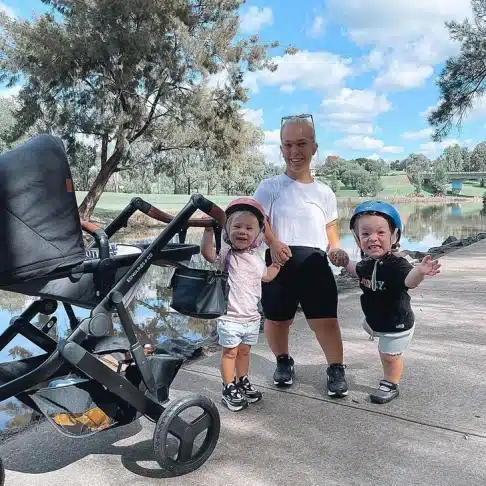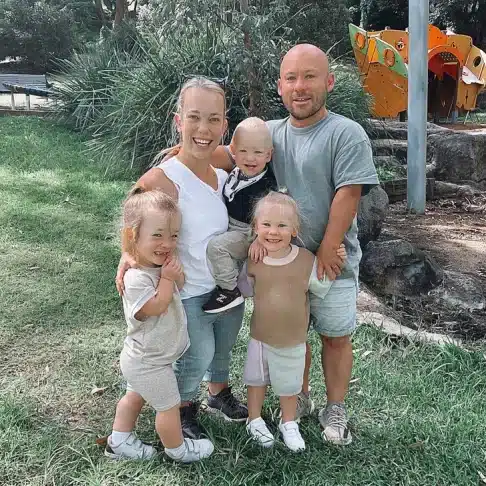Dwarfism is a rare condition, affecting approximately 1 in 15,000 to 1 in 40,000 individuals, leading those affected to often face discrimination and indifference from society. Despite these challenges, individuals with dwarfism are increasingly sharing their personal stories, aiming to challenge and overcome prevailing prejudices associated with this condition.

Take Charli, an Australian woman with achondroplasia, the most common form of dwarfism, and Cullen, who has achromic dysplasia, affecting his physical growth. They exchanged vows in 2012, nurturing a shared dream of creating a family despite concerns about childbirth challenges and the possibility of passing on their conditions. Overcoming doubts and fears, Charli defied uncertainties in 2015 and became pregnant.

Medical professionals informed the couple of a 25% chance of having a child with typical height and an equal chance of the child not surviving. Charli clarified the risk of the children inheriting both variations of dwarfism, which could be fatal. Early in pregnancy, the couple underwent genetic testing, receiving positive news. Baby Tilba, diagnosed with achondroplasia like Charli’s mother and brother, was expected to lead a healthy life despite potential spinal complications.

Now with their family complete, Charli and her loved ones embrace life to the fullest. Despite living with dwarfism, their days are filled with joy and delight, shared on Charli’s Instagram account. Amid cheerful pictures, she humorously highlights height differences and day-to-day complexities, emphasizing a lighthearted approach to her height.

While occasional hostile comments arise, Charli rises above them, recognizing that most followers express warmth and admiration. Their growing number of followers over the past year reflects an increasing interest in their unique journey.
